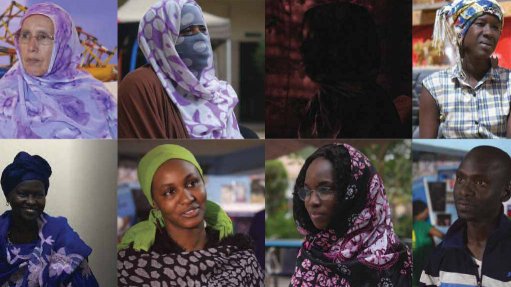
In July 2016, 15-year old “Rouhiya” fled her sexually abusive father and sought refuge at the house of a 23-year-old man who had promised to marry her. Soon after, she said, the man locked her up, drugged her, and gang-raped her with three other men. Rouhiya remained captive for two weeks until the police found her and returned her to the home from which she had tried to escape. In her report to the police, Rouhiya disclosed that she knew one of the perpetrators. Police arrested her and sent her to the national women’s prison on charges of engaging in sexual relations outside marriage (zina). “I asked them, ‘Why? What did I do?’,” Rouhiya said. “They told me to keep quiet and not to ask questions.”
Few survivors of sexual assault dare to speak out in Mauritania. Those, like Rouhiya, who report it to the authorities must navigate a dysfunctional system that discourages victims from pressing charges, can lead to re-traumatization or punishment, and provides inadequate victim-support services.
This report documents the institutional, legal, and social obstacles that survivors face in reporting incidents of sexual assault to the police, seeing perpetrators brought to justice, and obtaining medical and psycho-social support. Human Rights Watch interviewed 12 girls and 21 who described one or more incidents of sexual assault. Researchers also visited the national women’s prison and interviewed three women who were detained on charges of zina, two of whom said they were victims of sexual violence.
Report by the Human Rights Watch